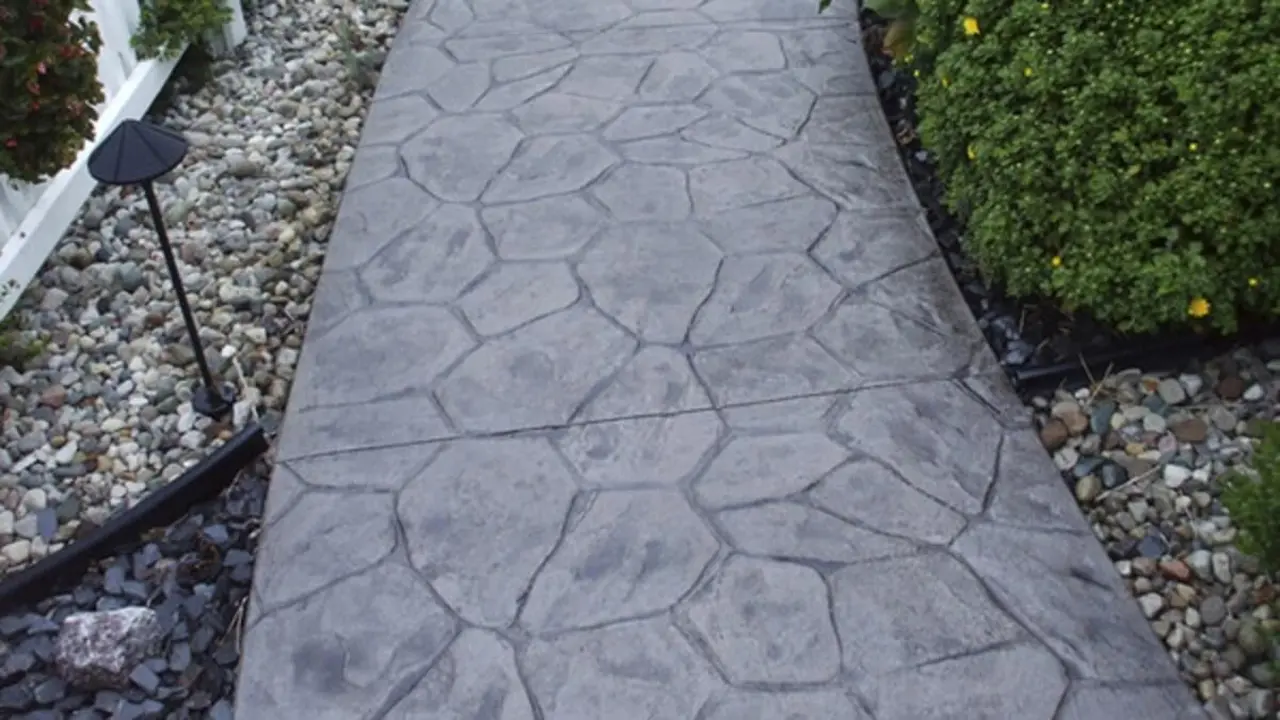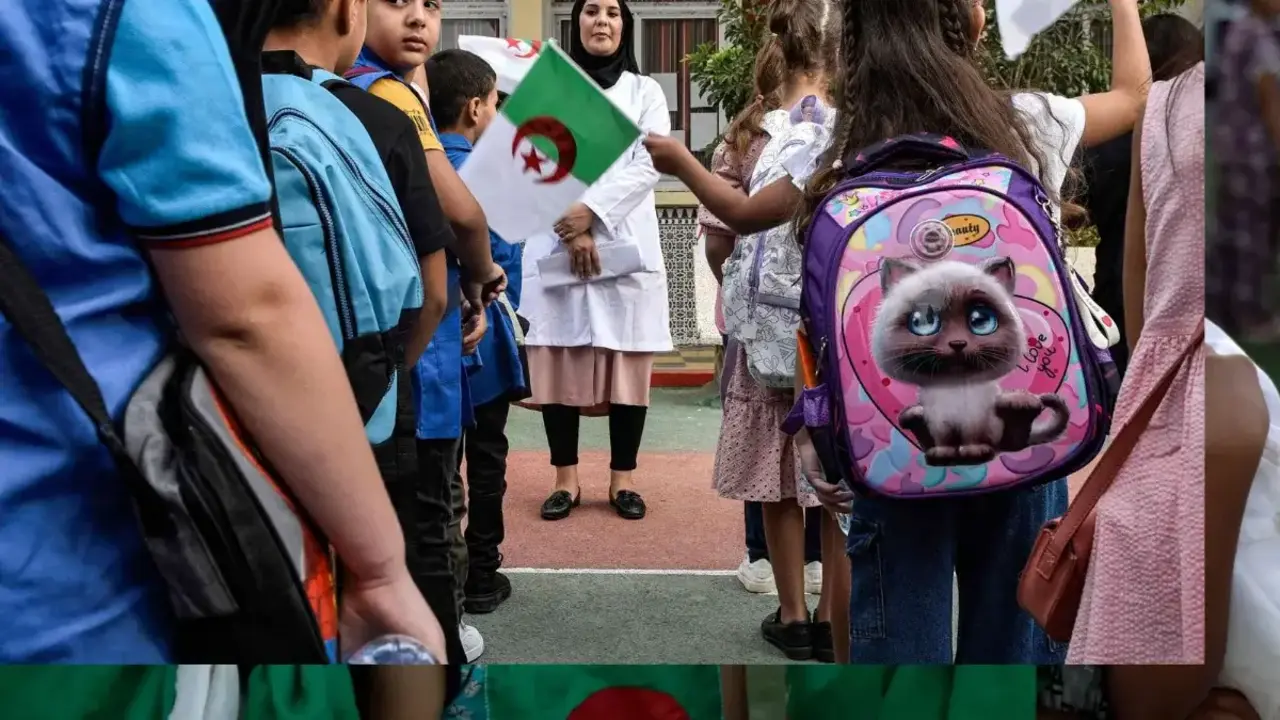Marruecos: progreso y paso firme en sanidad y bienestar social
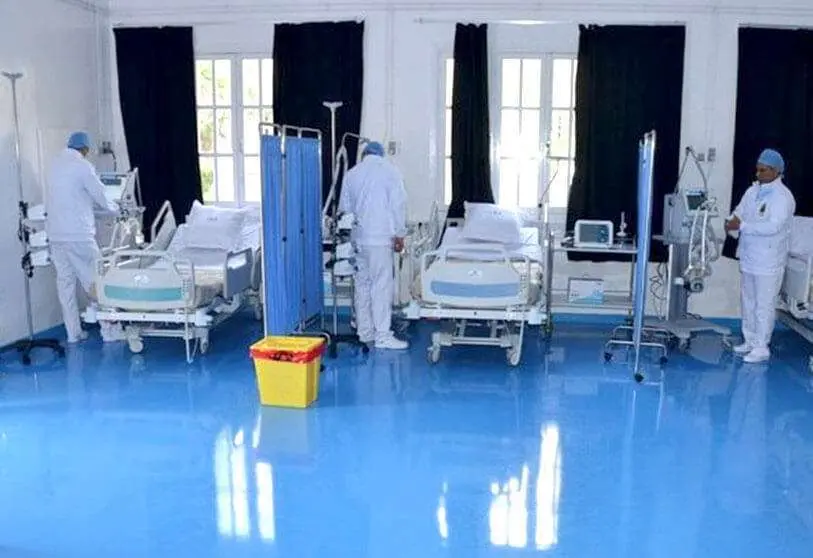
Education, health and security are the main policies that will benefit from the 408 billion dirhams that Morocco has available in its General State Budget for 2023. This is 13.8% more than last year and is intended to consolidate social welfare in the Alawi kingdom, which already has its first measure: extending health coverage to more than 32 million workers in the regular economy.
"The government has also facilitated the modalities of access to health services in decent conditions, to ensure equality among all Moroccans, regardless of their economic and professional situation," said the head of the Moroccan government, Aziz Akhannouch. A measure that benefits the more than 23 million people registered over the past year who are currently working in the informal economy and free trade.
This rapid increase in health coverage also entails an increase in health-related facilities and services, for which the National Social Security Fund (CNSS) has facilitated the opening of new agencies and communication centres to register new workers, in addition to increasing the number of professionals.
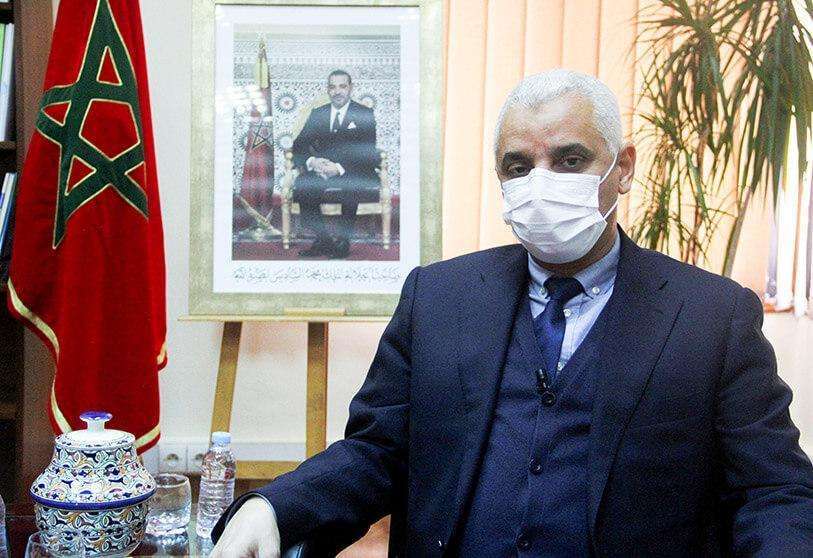
At a council of ministers chaired by Morocco's King Mohammed VI, an agreement was made to increase the number of health professionals to 90,000 by 2025, with 24 health professionals per 10,000 inhabitants. The long-term target was set at 45 per 10,000 by 2030. To reach these figures, and according to the agreement, three faculties of medicine and pharmacy and three university hospitals will be opened in Errachidia, Beni Mellal and Guelmim, with a budget of almost $300 million. The duration of medical training is also expected to be reduced from seven to six years in order to comply with the New Development Model (NDM).
Avoiding the shortage of health workers is currently one of the biggest challenges for the country's government and an issue that is at the centre of policy. During the last question session of the House of Representatives, the Minister of Health and Social Welfare, Khalid Aït Taleb, emphasised the work to be done to modernise and restructure the health sector, in particular to alleviate the shortage of human resources. According to the Health Ministry spokesman, the solution lies in "more attractive remuneration".
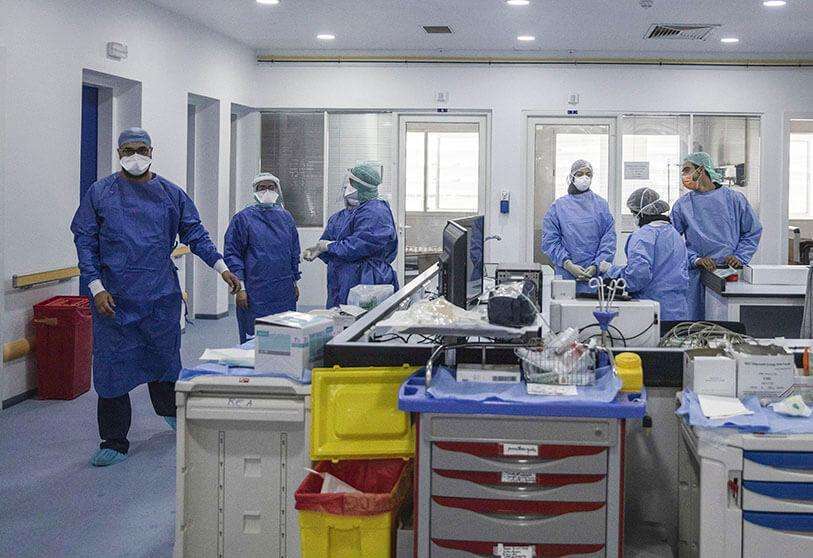
However, there was also room in the session to highlight the ground gained in this area. Khalid Aït Taleb stressed the importance of the "revolution" in the legal texts in progress that will improve the health service, such as the statute for health civil servants and the autonomous health plan, which, as he affirmed, "is the solution".
The minister also recalled the actions carried out for the maintenance of equipment, the rehabilitation and improvement of hospitals. Moroccan health establishments currently have a capacity of 28,000 beds, in addition to the 3,400 programmed in this year's budget.
So far this term, Aziz Akhannouch's government has gradually increased the health budget in the first and second years, with more than four billion dirhams invested by 2021. Morocco is thus setting a steady pace for the already improved health and social welfare.

